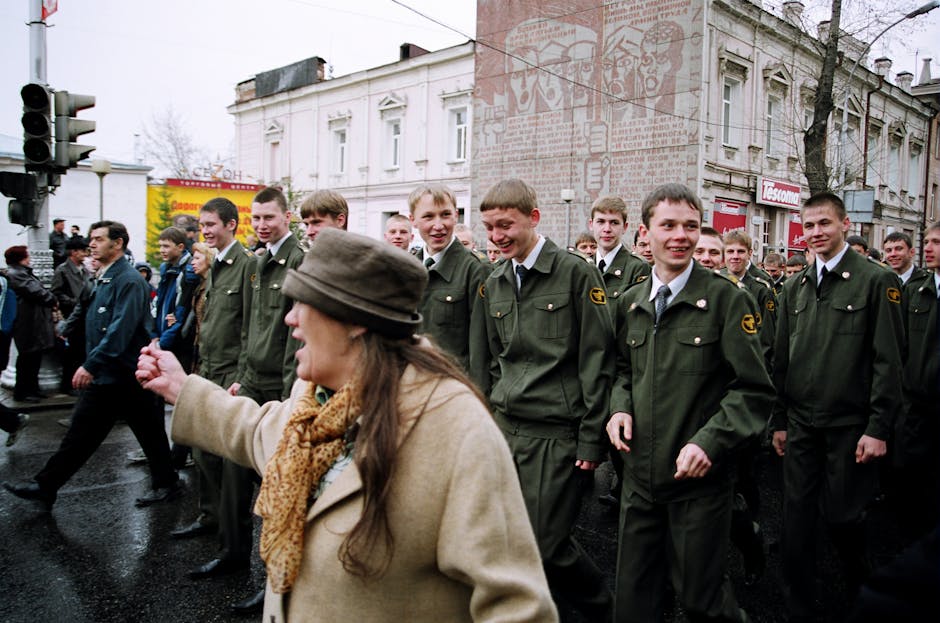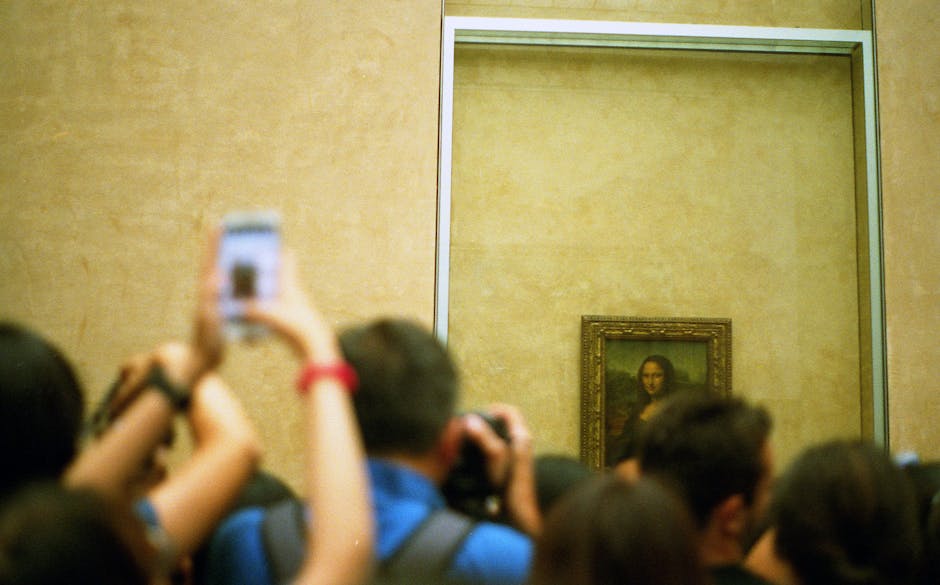Karnataka HC Refuses to Lift Stay on Govt Order Restricting Public Gatherings
In a significant ruling, the Karnataka High Court on Tuesday declined to lift the stay on the state government’s order restricting public gatherings. The decision highlights the ongoing tension between public health concerns and constitutional rights, especially amid political and religious events in Karnataka.
Case Background: Why Was the Order Challenged?
Earlier this month, the Karnataka government imposed restrictions on public gatherings, citing concerns over law-and-order disruptions and public safety. Multiple organizations and political groups challenged the order, arguing it violated fundamental rights, including the freedom of assembly under Article 19(1)(b) of the Indian Constitution.
A single-judge bench initially stayed the order, prompting the state to appeal for a vacation of the stay. However, a division bench comprising Chief Justice Prasanna B. Varale and Justice Krishna S. Dixit refused to intervene, stating the matter needed further review.
Key Observations by the Karnataka HC
The court criticized the government’s order for lacking clear guidelines:
– “While the state can impose reasonable restrictions, they must be well-defined and not arbitrary,” the bench stated.
– The judges questioned whether a blanket ban was necessary, noting the government failed to provide concrete evidence of imminent threats.
– “Mere assumptions of potential disturbances are insufficient. There must be a direct link between the restriction and the risk,” the court observed.
Political and Public Reactions
The ruling has sparked mixed responses:
– Opposition parties (BJP, JD(S)) welcomed the decision, accusing the Congress-led government of political overreach.
– Karnataka Home Minister G. Parameshwara defended the restrictions, stating they were needed to prevent communal tensions but assured compliance with the court’s order.
– Civil rights activists argued that blanket bans are undemocratic, urging the state to regulate specific high-risk events instead.
Legal Precedents and Future Implications
This case revisits crucial debates on state power vs. civil liberties. Legal experts cite the Supreme Court’s 2018 ruling in Mazdoor Kisan Shakti Sangathan vs Union of India, which upheld protest rights while allowing reasonable restrictions.
The Karnataka HC’s stance signals increased judicial scrutiny of government-imposed curbs. If appealed, the Supreme Court’s decision could set a nationwide precedent.
What Happens Next?
- Public gatherings (protests, rallies, religious events) can continue without immediate restrictions.
- The Karnataka government may revise its order to address the court’s concerns.
- Political tensions are expected to rise as parties prepare for election-related protests.
Conclusion
The Karnataka High Court’s ruling reinforces the judiciary’s role in balancing public order and constitutional freedoms. As legal proceedings continue, this case could shape future policies on assembly rights in India.
Stay updated with the latest legal and political developments on this case.




